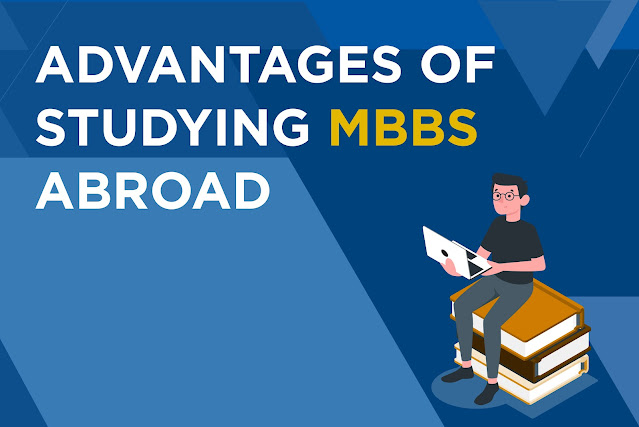Things to Remember before going to study MBBS in Abroad
Studying MBBS abroad can be an exciting and life-changing experience. However, there are several important things to keep in mind before you embark on this journey. Here are some key considerations
Accreditation and Recognition: Ensure that the medical university you plan to attend is recognized by relevant medical authorities and organizations in your home country. This is crucial for the validity and acceptance of your degree when you return home to practice medicine.
Language Proficiency: Check the language of instruction at the university and make sure you are proficient enough in that language to follow lectures, communicate with patients, and participate in clinical rotations effectively.
Eligibility and Entrance Requirements: Thoroughly research the admission criteria and requirements for the university you wish to apply to. Understand the necessary academic qualifications, entrance exams, and any other prerequisites.
Financial Considerations: Studying abroad can be expensive. Consider the tuition fees, cost of living, accommodation, and other expenses. Make sure you have a clear understanding of the total costs and explore scholarship opportunities or financial aid options.
Cultural Adaptation: Moving to a new country means adjusting to a different culture and lifestyle. Research about the country's customs, traditions, and social norms to ease your adaptation process.
Student Visa and Legal Requirements: Understand the visa application process and the necessary legal documentation required to study in the country. Start the visa application process well in advance to avoid any delays.
Health Insurance: Ensure you have comprehensive health insurance coverage that includes medical expenses and emergencies during your stay abroad.
Support Services: Check if the university offers support services for international students, including orientation programs, academic counseling, and assistance with accommodation.
Living Arrangements: Research and plan your living arrangements, whether it's university-provided accommodation or private rentals. Consider safety, proximity to the university, and amenities.
Career Opportunities and Licensing: Explore the possibilities of internships and post-graduation employment in the country you are studying in. Also, research the licensing requirements and procedures in your home country to practice medicine after completing your MBBS degree abroad.
Alumni Feedback: Reach out to alumni of the university or medical program you are interested in to get first-hand experiences and insights into the quality of education and living conditions.
Medical Council Regulations: Be aware of the regulations of the medical council or licensing authority in your home country regarding the acceptance of foreign medical degrees.
Taking these factors into consideration will help you make a well-informed decision and have a successful and enriching experience while studying MBBS abroad.
To Know more: https://ggsoverseas.com/




Comments
Post a Comment